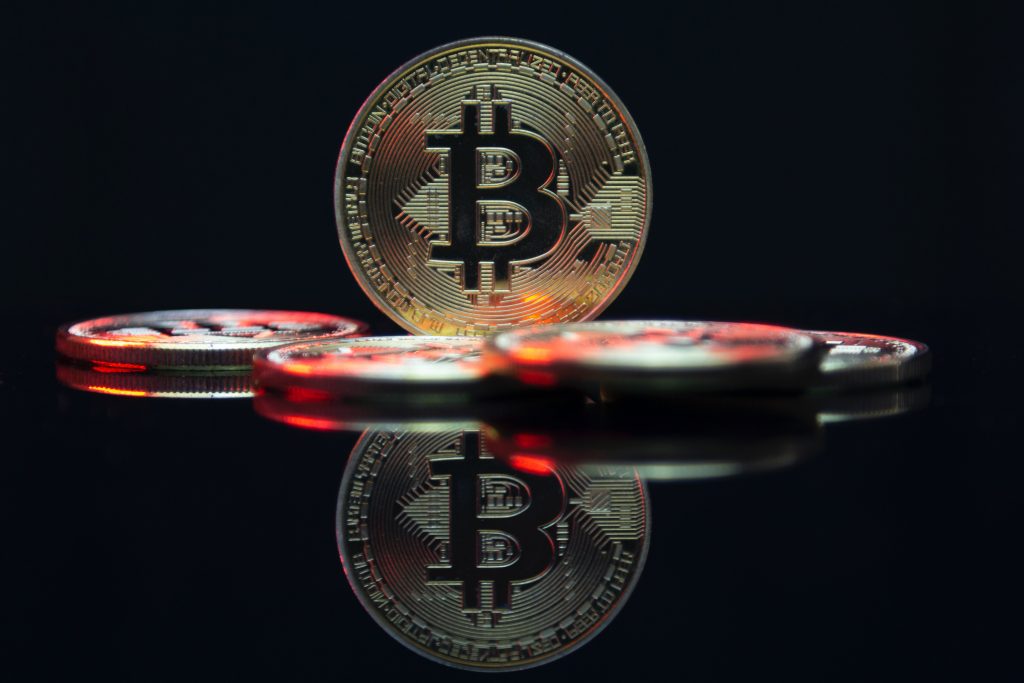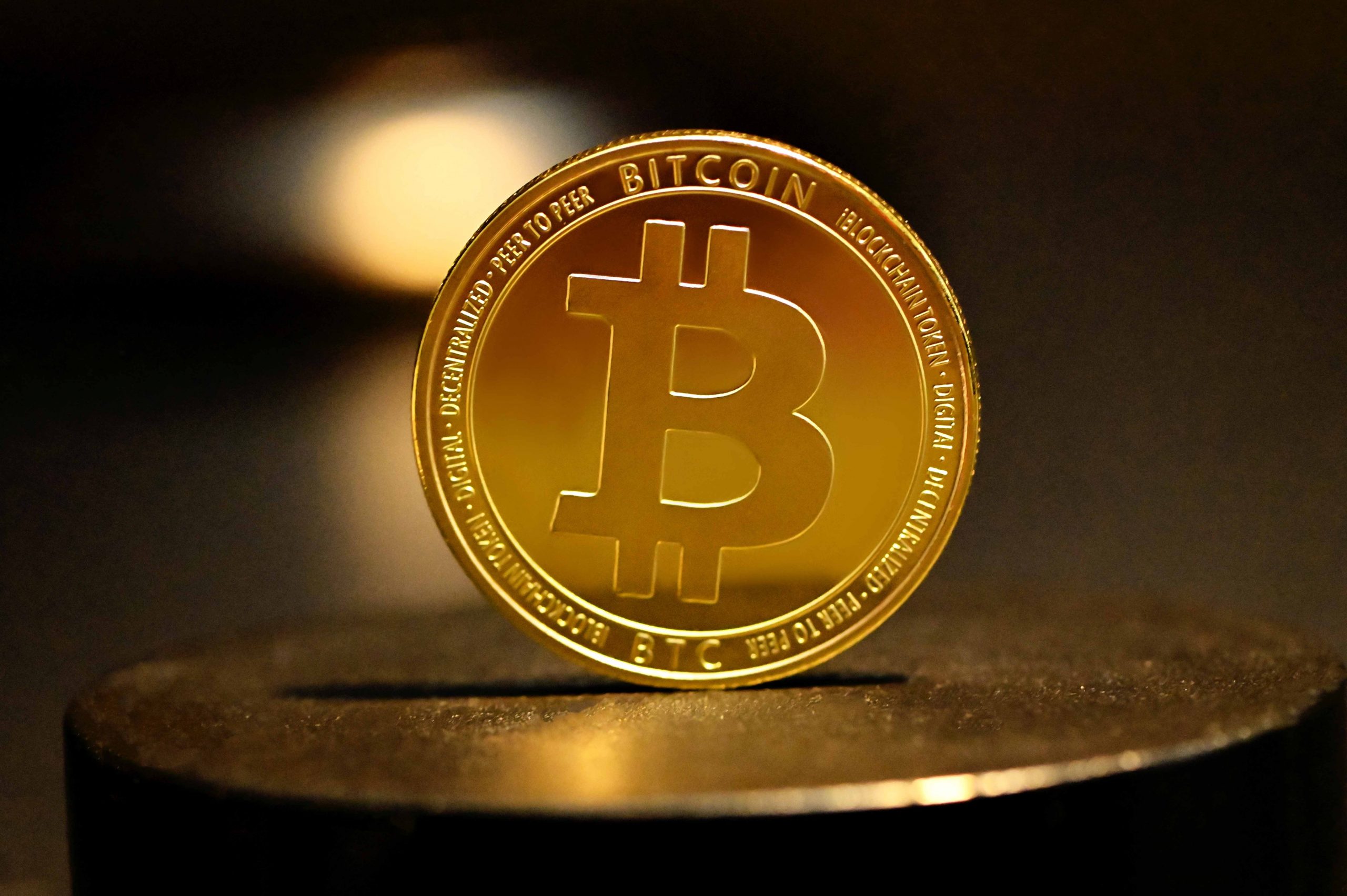The ambitious cryptocurrency exchange, backed by a group of big names, is betting on declining bitcoin kurs for buying and selling digital assets. He also plans to focus on a few tokens that his lawyers say are not securities, helping to avoid a regulatory battle in Washington.
OKex, one of the largest Chinese crypto exchanges, launched a proprietary utility token in 2018. The company says that the token will settle trading fees and pay for exclusive services.
Cryptocurrency exchange Bybit
Bybit is an ambitious cryptocurrency exchange founded in 2016. The company has built a platform for storing, trading and investing funds, using leading IT technologies. The platform offers a crypto exchange, wallet for storing digital assets and a trading portfolio.
The company has secured $6 million in its first private financing round, which will be used to develop its ecosystem, add to services and become a staple in the fintech industry. The Singapore-based team aims to further its blockchain services, including its own metaverse Oasis and a non-fungible token (NFT) marketplace.
Bybit also plans to build a unified infrastructure between metaverses. This infrastructure would include an ecosystem where gamers, digital artists and musicians can meet, express themselves and transact. It would also allow users to easily bring in and have liquidity on NFTs created on other virtual worlds, marketplaces or games. The company will also incentivize cooperation between metaverse projects, encouraging interoperability.
Founded in 2016
Bybit is an ambitious cryptocurrency exchange founded in 2016. Originally launched by a former head of market risks at Russian bank VTB, Kirill Sadilov was tasked with creating an app that would stand out from the crowd.
The platform consists of an exchange and crypto wallet that support over 30 different cryptocurrencies. It also boasts a variety of investment products that will allow users to grow their digital assets in the most secure way possible.
The company has a lot of ambitious plans for the future, including creating its own metaverse Oasis and a non-fungible token (NFT) marketplace. Using their latest funding round, they intend to further develop their ecosystem and become a key player in the FinTech space. They plan on leveraging their network of users and influence to create a product that will revolutionize the way we use blockchain technology for financial and technological purposes. It is an exciting time to be a part of this revolution.

Developed by Kirill Sadilov
Bybit https://www.bybit.com/en-US/ was founded in 2016 by Kirill Sadilov, a mathematician with a strong background in trading and an experienced trader who has been successful on the stock market. Bybit is an ambitious cryptocurrency exchange, offering a diverse range of services and blending the best of traditional finance with the advantages of blockchain technology.
A key part of Bybit’s vision is to build a unified infrastructure between metaverses, crafting an ecosystem called Oasis where users can meet, express themselves and transact. This ecosystem allows gamers, digital artists and musicians to interact and showcase their avatars or in-game items and non-fungible token (NFT) creations.
Bybit is also introducing a non-fungible token (NFT) marketplace that will allow users to easily bring in NFTs from other virtual worlds, marketplaces and games. This will incentivize cooperation between metaverse projects, spurring and actively encouraging interoperability. This NFT marketplace is just one of the many FinTech products Bybit will offer in its future.
Developed on the basis of gamification
Several academic and corporate institutions have implemented gamification strategies to improve their employees’ motivation. Such systems are based on goal-setting and flow theories, with the aim to increase motivation, engagement, and performance in specific activities.
For example, a university might reward students for their success with honorable mentions on the dean’s list or scholarships equivalent to leveling-up a video game character. An employer might use gamification to assess the suitability of candidates for a job by providing mini games that simulate the real workplace environment.
This approach has been widely adopted in educational settings, with many studies demonstrating positive learning and motivation outcomes (Bonde et al., 2014; Boskic & Hu, 2015; Holman et al., 2015; Krause et al., 2015; Su & Cheng, 2015).
However, the studies in this review are diverse, with no clear pattern in the combination of game elements used to gamify activities and their effects on learning. The most common configurations are points, badges, leaderboard and online comparisons, but the results vary depending on the type of gamified activity.

